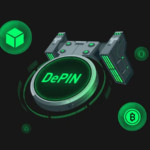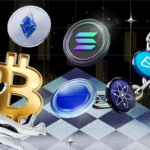In this article, I will discuss which crypto networks Don’t charge network fees and how they function without conventional transaction costs.
Most blockchain ecosystems depend on maintenance and security fees. Still, there are also newer networks, such as the IOTA Network and the Nano Network, which allow seamless transactions.
These networks employ unique methods that allow the transactions to have no fees, making them suitable for micropayments or many daily transactions.
Importance of Network Fees for Blockchain Operations

Network fees are of utmost importance in securing, optimizing, and preserving the trustlessness of the chain. This is important for the reasons why network fees are important:
Rewarding Miners/Validators
The network fees are paid as a service to miners (in a proof of work system) or validators (in a proof of stake system) who conduct a range of operations like processing and confirming transactions. There would be no great incentive to keep the chain alive if there were no such fees in place.
Spam Control
Spam transactions from bad actors can be prevented because every transaction costs money. So, as a result, there will be less spam of pointless or excessive transactions on the network by bad actors.
Transaction Prioritization
In cases where there is a waiting period due to the blockchain size being exceeded, users are able to pay a higher group of fees, making their transactions be considered first. In this way, delays in processes are avoided, and the network is able to perform efficiently.
Longevity of the Network
Fees create an automatic market for nodes as they pay for the participants in a decentralized environment and assist in maintaining the network for a longer duration.
Reduce resource scarcity
Block cone breakage space is a scarce resource, so it must be properly managed.
Fees help prevent this by only allowing those needing and wanting to utilize the blockchain services first. These cumulatively assist in the fair distribution of all the resources the blockchain provides.
Which Crypto Network Doesn’t Charge Network Fees
TRON
TRON permits free transactions simply by staking TRX tokens for bandwidth and energy, which discharge fees to regular users.
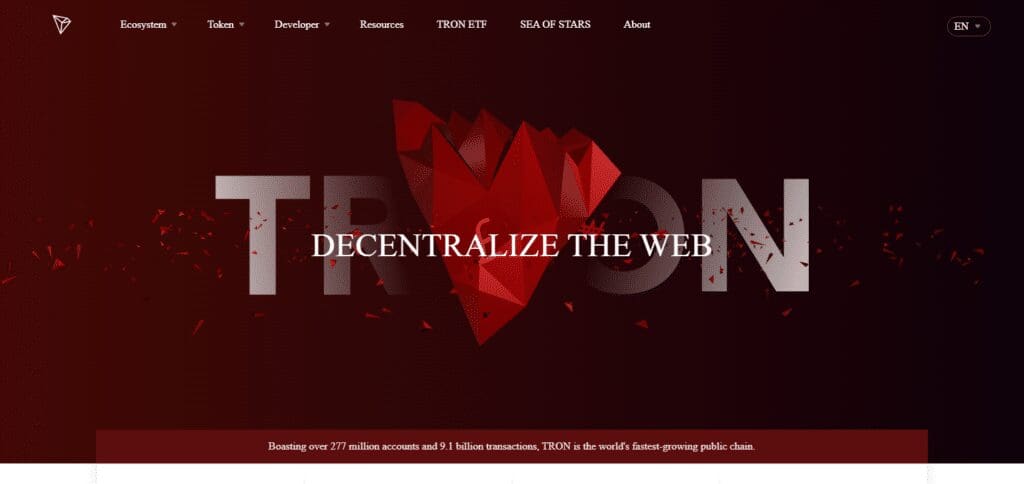
With its Delegated Proof-of-Stake (DPoS) consensus, TRON enjoys fast transaction speeds, with over 2,000 transactions processed.
It is ideal for those wanting to develop dApps and makes a good fit for low-cost and high-speed transactions at a wide range of frequencies.
Solana
By using Solana, expect to pay charges rarely amounting to more than $0.01 while also enjoying fast transaction processing of approximately 65,000 TPS.
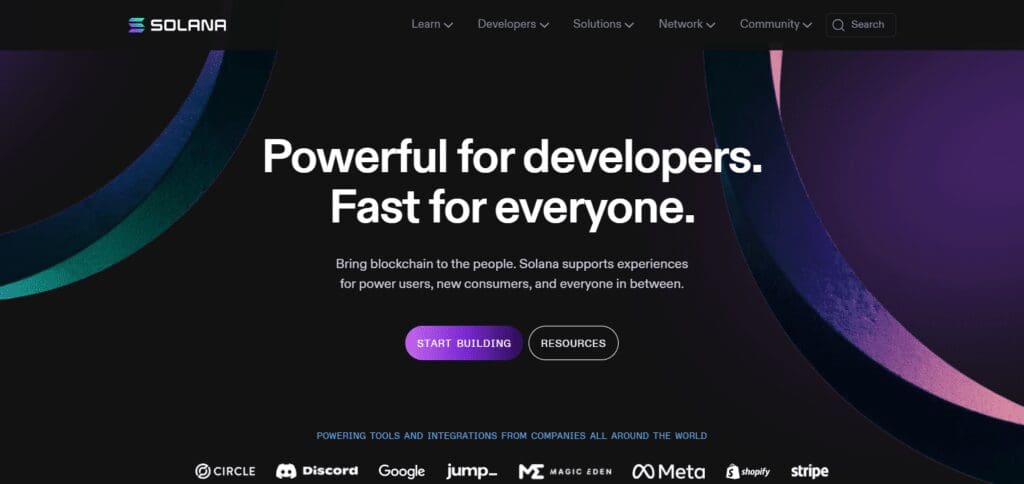
Its Proof-of-History (PoH) and Proof-of-Stake (PoS) consensus mechanisms make this possible. It uses low transaction costs and none significantly over the market average and good speed to make sure it remains the go-to for developers of dApps, and DeFi and NFT marketplaces who are looking for a customizable blockchain.
Dogecoin
Dogecoin money transfer is cheap, with averages of 1 minute confirming blocks and, more frequently, the fee not being over a cent.
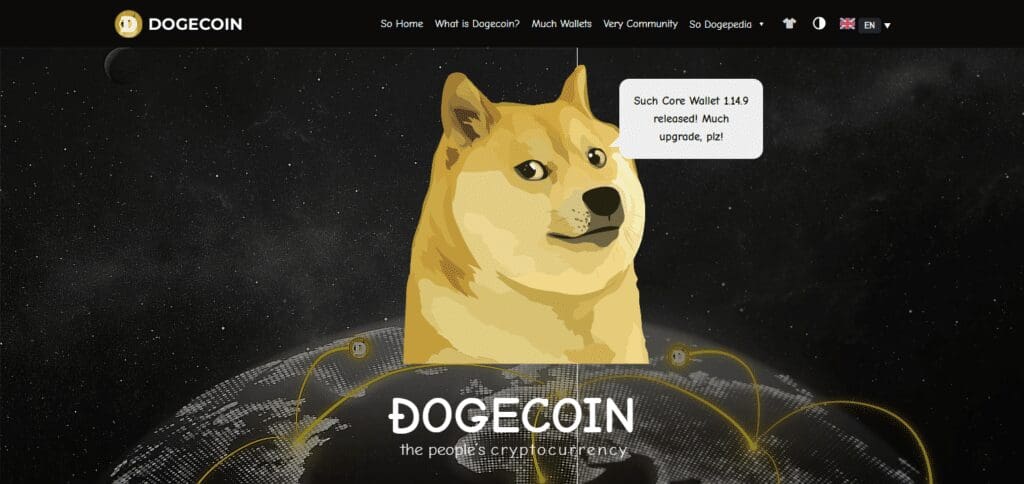
This is because of Dogecoin’s easy-to-understand and perform Proof-of-Work (PoW) model, which results in lower transaction time rates than set for Bitcoin payments.
Dogecoin will always work perfectly when making very small payments, giving tips, or sending donations it was specifically designed for these functions, providing the paying person a seamless experience in low-cost payments in online communities.
XRP
In addition, XRP’s unique proprietary system helps manage global transactions without the need for energy-draining mining tech whilst processing at cheap nominal costs.
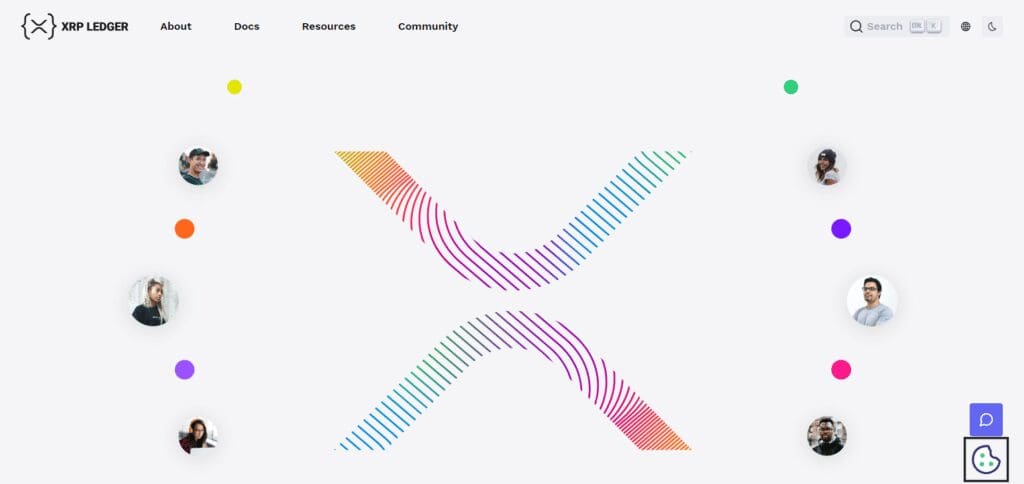
Its transaction costs work out to approximately 0.0002, which makes it even cheaper than some of its current rivals, if any.
XRP, however, manages to win the favor of many because cross-border and international transactions can never be completed rapidly, but by using XRP’s international settles, financial institutions, and, most importantly, banks can do this seamlessly while charging a nominal fee instead.
Litecoin
Litecoin utilizes a block time that is half that, at 2.5 minutes which means fees charged are at a comparatively lower level in addition to being quicker than bitcoin.
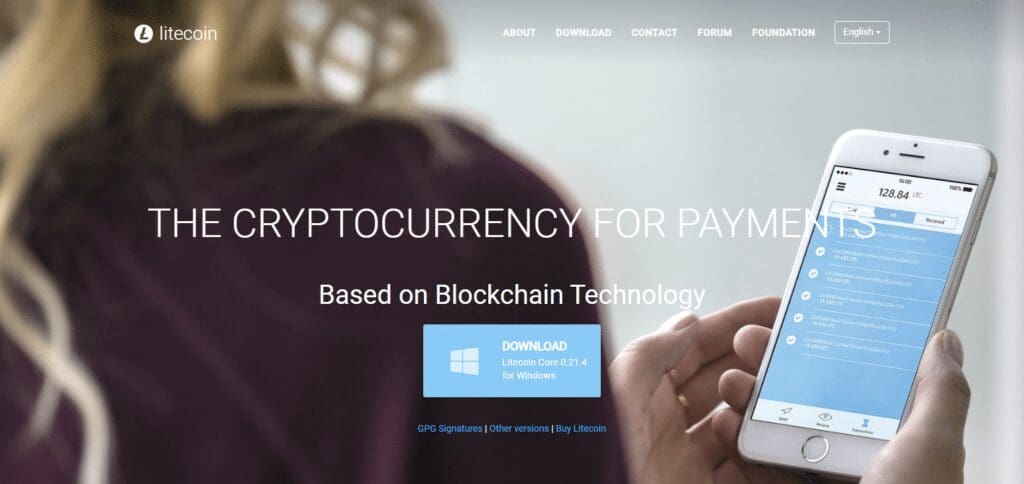
Many companies have adopted the Lite coin because it is cheap and reliable, and customers will always be satisfied.
All in all, litecoin has considerably stronger sales due to its average transaction time of 20 minutes, which will help those needing smaller peer-to-peer payments in a timely fashion. Of all transactions, without a doubt, at 20 minutes.
Monero
Using Monero when trading definitely provides you with anonymity, which most people would forgo Colas courtesy of ring signature and stealth addresses.

In addition, if you are after cream signature and stealth addresses, then it’s best to avoid Monero as transaction costs are very low, mobilizing most people to use it.
Despite its slightly higher cost than most wallets, this mask’s the person who uses it and transacts on a decentralized platform.
Benefits of Using Feeless Networks

The benefits of using a blockchain network with no fees are immense for users and developers alike. Below are outlined the best aspects:
Cost reduction
No Transaction Fees: Users are able to make transactions and move funds around without incurring any costs. This makes the networks great for micropayments and frequent exchanges.
Furthermore, businesses will look at lowering costs, especially concerning expenses that revolve around small transfers.
Making Micropayments Possible
Through an absence of charges, micropayments (that is, $0.01 or even under) can be made sense of as utilizing cases for payment per use plan, tipping for content, data transfer through IoT, and many more features.
Better User Experience
It allows users to evade or, at the very least, scale down the infrastructural complexities that surround looking for and working with transactions that have random and different fees from the set one.
Hence, in the end, the transaction process becomes considerably more straightforward, cost-effective, and efficient.
This enhances the chances that the platform will be taken up, especially by those unfamiliar with the use of blockchain.
Encouraging Mass Use
No Fee networks break down the barrier where users from certain geographic locations would otherwise be unable to utilize the blockchain due to application fees.
They are effective for transactions that are in high frequency and of low net worth, such as sending money back home or rewards from video games.
Usability for High-Frequency Use Cases
A fee net with a structure is better surrounding high volume applications such as the IoT interface, gaming, and streaming classifiers.
Structures without fees reduce the user experiencing congestion and cost burdens placed on them during times of excess network usage.
Countering Inflationary Expenses
To save blockchains fees are spiraling out of control when demand is surging, and people are left with no option but to bear extreme expenses, however, networks without charge have accomplished solving this issue.
Encouragement to Create
Without the concern of potential users being disincentivized by the cost, developers can freely try out blockchain-based solutions (e.g., smart contracts and decentralized apps).
Pros and Cons of Zero-Fee Networks
Pros of Zero-Fee Networks
Cost Efficiency: This is a good way to recover costs associated with sending or receiving transactions as users are able to conduct deals completely free of charge, which is effective in ** micropayments** and frequent transactions.
Allows for Micropayments: At this point, very low payments (e.g., of about $0.01) now become a possibility and, in turn, broaden use cases such as IoT, pay-per-use, and tips.
User Experience Enhancer: The absence of transaction charges allows for the seamless conducting of operations and eliminates the aspect of high gas fees, resulting in easy adoption of the network.
Promotes Mass Adoption: Purchasing goods and services at no charge is ideal, especially in areas where such a combination could be expensive.
Has Great scaling Potential: Most of the transactions taking place on a feeling network operate on AI consensus mechanisms such as DAG or staking, which leads to high amounts of transactions occurring at a single time.
Low for the Business & Developers: Those creating applications do not have to consider the fees the clients have to pay due to its instability and expense. This helps cut down on costs for the business as well.
Cons of Zero-Fee Network
Risk of Spam Attacks: When no fees are imposed on transactions, malicious users may create dummy transactions to try and crash the network.
Long-Range Survival is Poisoned Nowadays: The main issue in mining or validating a block on a zero-fee model is the lack of income-earning opportunities, meaning there is no payment for the validator or miner.
Risks of Centralization: Some feeless networks do have a center reach the art of spam getting enabled – central coordinators or validators. But this directly weakens decentralization.
Subtle Charges: Although deal participants do not incur any transaction cos,t network members typically pass the burden on to other costs, such as token staking or resource-based requirements.
Conclusion
To summarize this with a conclusion, the networks of IOTA and Nano facilitate the feeless transactions using the advanced technology of the Tangle (DAG) and block-lattice structures, respectively.
Such networks do not require transaction fees, making them suitable cryptocurrencies for micropayments and IoT usage.
Other networks, such as EOS and Stellar, provide low fees through staking or charging very small amounts.
However, there are other models that operate on a no-fee basis while ensuring security and sustainability by using other means.






